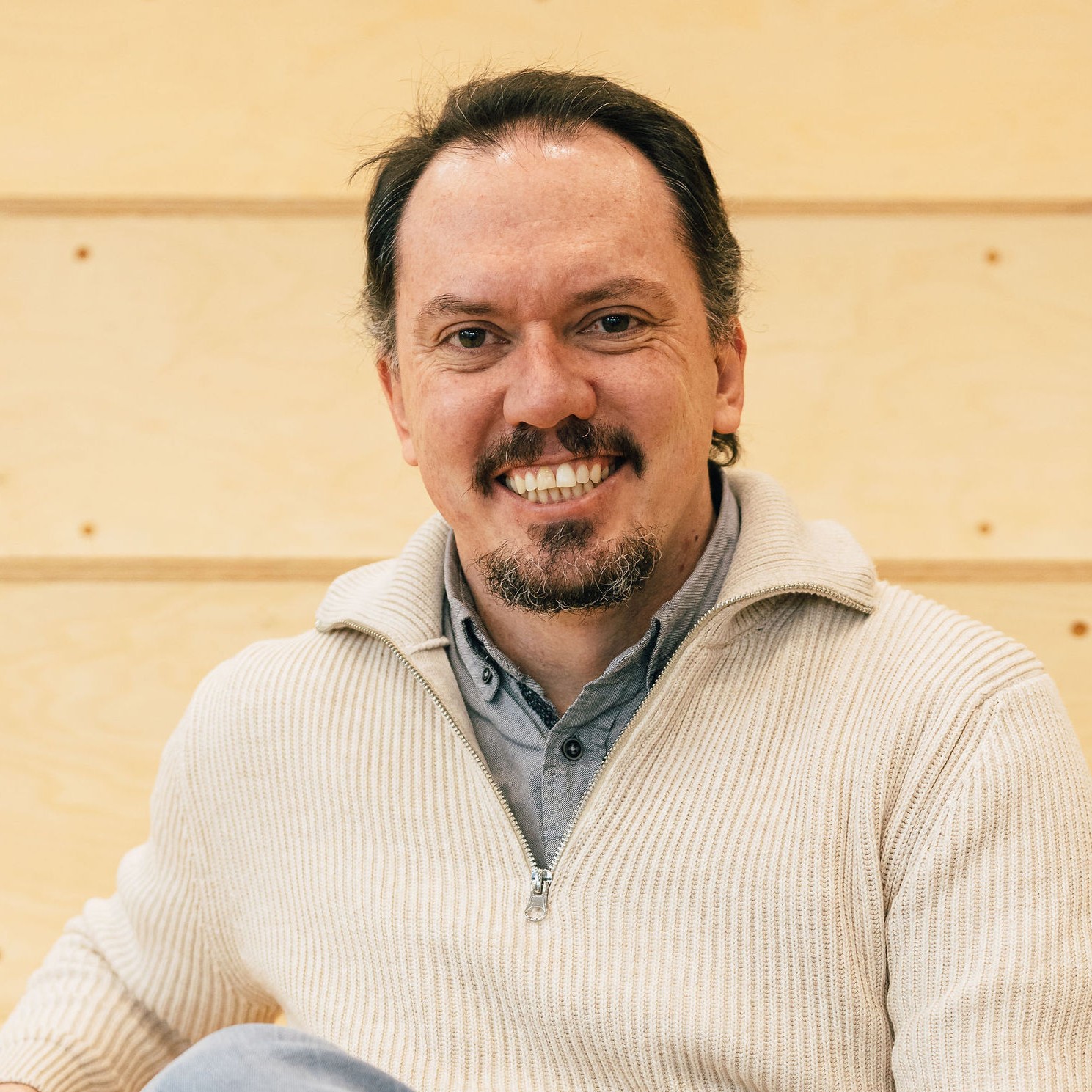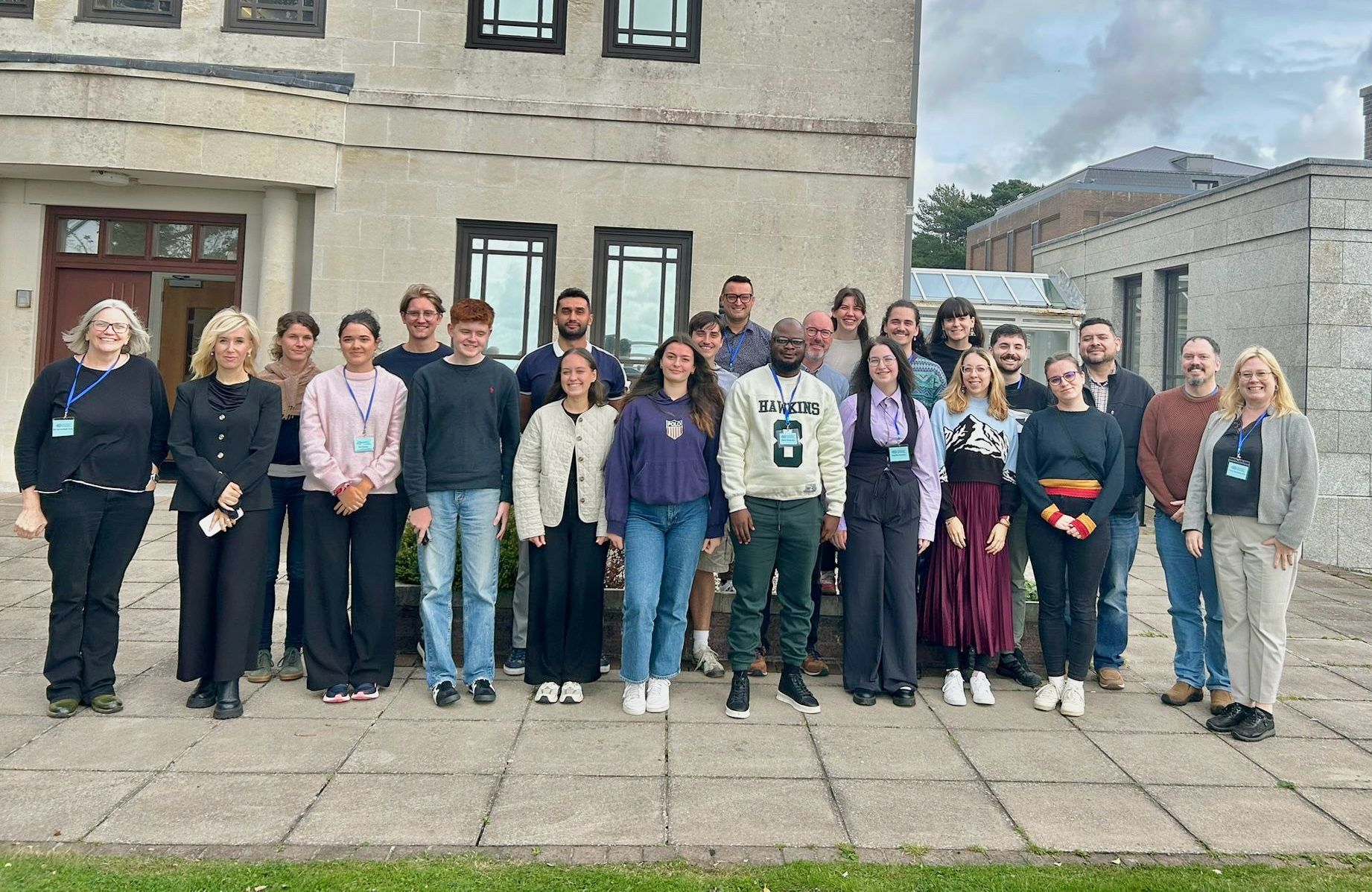Four working groups drive the achievement of PLURILINGMEDIA’s objectives
To ensure that the objectives of PLURILINGMEDIA are achieved, we have established four working groups, which are responsible for the specific activities of the Action. The working groups reflect the four thematic areas on which PLURILINGMEDIA focuses.
Want to join one of our working groups?
Send us your application through the COST Action website.
WG1. Audience and content-creator habits
Description
WG1 explores audience habits and content creation practices within the context of media plurality and minority languages. It brings together scholars and practitioners to understand how digital media, especially social media and household consumption preferences, shape the production and reception of content in multilingual environments.
Audio Description (AD)
Objectives
- Build a network of academics and practitioners focused on digital content creation and audience preference.
- Facilitate knowledge exchange and peer learning through best practices in multilingual media.
- Collect best practice and case studies from the whole COST region to provide a more ample perspective of the impact of content creation upon linguistic diversity.
- Stimulate academic research and collaboration on minority language media studies.
- Explore how digital platforms and social media are changing the exchange of audiovisual content, especially in its impact on public broadcasting, and what this means for regional and minority language communities
- Promote research around language diversity and media consumption in multilingual mixed-language households, to understand preference of individual and collective choice.
- Encourage international comparative studies and foster grant proposals between members.
Leaders

Working Group 1 Leader
Prof Karolina Lendák-Kabók
Eotvos Lorand Tudomanyegyetem

Working Group 1 - Vice Leader
Dr Enrique Uribe-Jongbloed
Cardiff University
Latest updates
WG2. Legislation and Standards
Description
WG2 connects experts on the legislation (hard law) and standards (soft law) introduced at international and national levels to protect minority / minoritized / regional languages in the media. It seeks to analyze the processes concerning the creation of media-related legal frameworks and their implementation, explore how legal dynamics are impacting on language plurality and how they are perceived by relevant stakeholders.
Audio Description (AD)
Objectives
- Connect experts on legislation and standards to support language plurality in media.
- Examine international and national legislation (ECRML, FCNM, AVMSD, etc.) and its potential for strengthening language plurality through the provision of media.
- Address challenges posed by digitalization, new technologies (e.g., AI) and the dominance of hegemonic languages.
- Facilitate exchanges of expertise at the national level to highlight positive legislative developments.
- Showcase solutions protecting language plurality in the media as competing with major international producers.
Leaders


Latest updates
WG3. Language Vitality
Description
WG3 explores the connection between minority media and language vitality, with a focus on language education, revitalization, and development. It examines the role of media in education, literacy, and everyday language practices, including the family domain, as well as their impact on minority language communities and speakers.
Audio Description (AD)
Objectives
- Explore how different media formats, including social media, affect heritage, regional and minority language communities and their speakers.
- Identify and share good minority language media practices in minority language education (formal and informal).
- Assess the impact of minority language media on literacy skills and everyday minority language practices.
- Create a space for dialogue between minority language media creators and practitioners to increase their effectiveness in language maintenance, revitalization, development and prestige planning.
Leaders

Working Group 3 Leader
Prof Nicole Dołowy-Rybińska
Polish Academy of Sciences

Working Group 3 - Vice Leader
Prof Sanita Martena
Rezekne Academy of Technologies
Latest updates
WG4. Journalism
Description
WG4 focuses on minority language journalists and the unique challenges they face (professionalism, training, journalistic identity, working conditions, role in society, the influence of kin-states over MLM etc.). Its aim is to create a network of academics and practitioners with an interest in journalism within minority language media.
Audio Description (AD)
Objectives
- Enhance knowledge exchange, peer support and learning by best practices.
- Raise an academic interest in the field, initiate collaborations and give a spark to new research projects.
- Strengthen the quality and quantity of journalistic media content for minority language groups.
- Focus on conceptual issues: defining what MLM, minority language journalism is (compared to majority language media and journalism).
Leaders

Working Group 4 Leader
Dr Jenny Stenberg-Sirén
University of Helsinki




